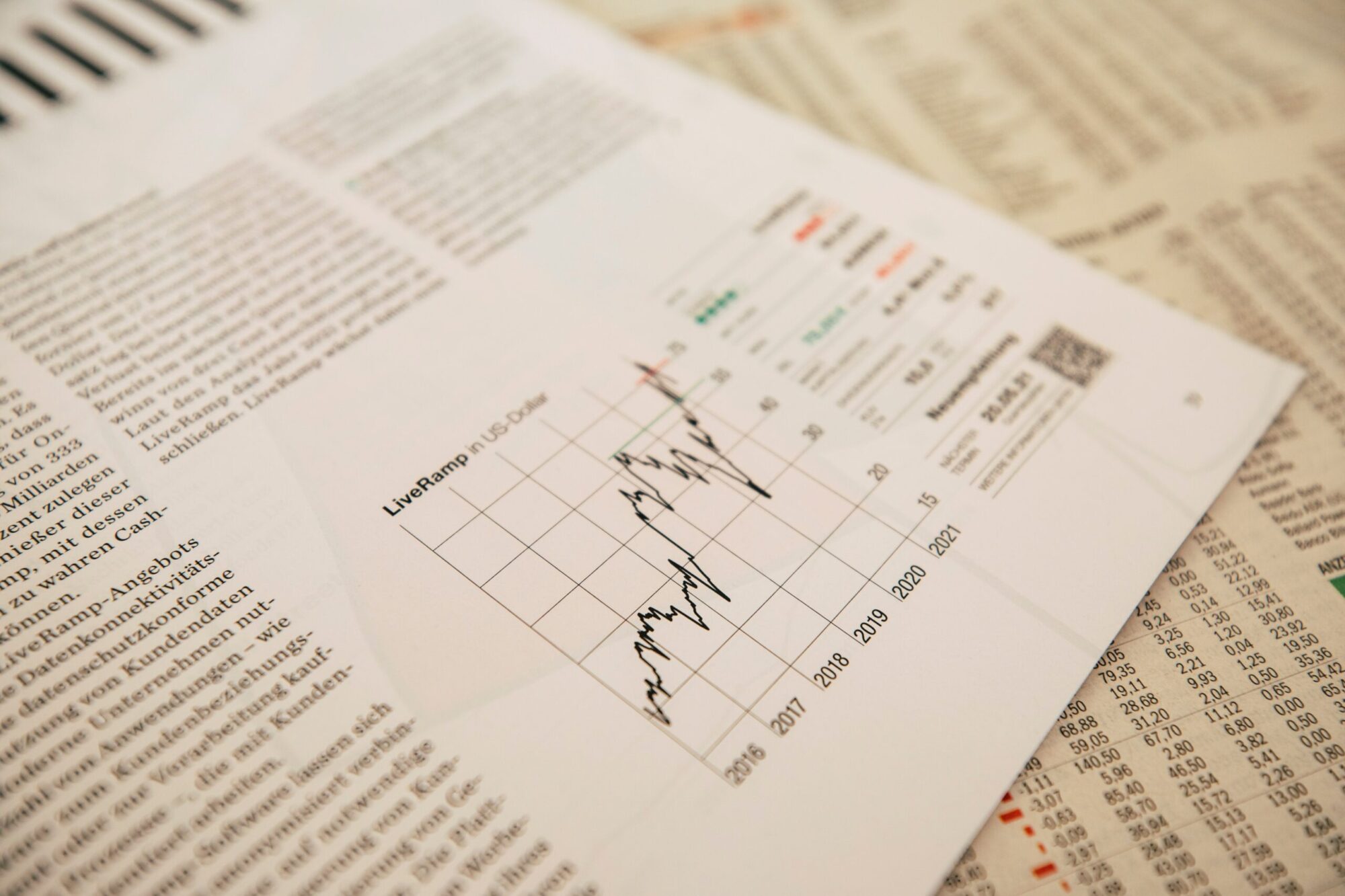Global economic inequality is a complex and pressing issue that has far-reaching consequences for individuals, societies, and nations across the world. As we strive for a fairer and more equitable global society, it is essential to analyze the underlying causes and impacts of economic disparities between different regions and communities. In this article, we will delve into the intricate web of global economic inequality.
Understanding Economic Inequality
- Income Inequality: Income inequality refers to the unequal distribution of income among individuals or households within a country. It is often measured using indicators such as the Gini coefficient.
- Wealth Inequality: Wealth inequality goes beyond income and encompasses the unequal distribution of assets, properties, and savings. It is often more pronounced than income inequality.
- Global Economic Disparities: Economic inequality is not limited to individual countries but extends to disparities between nations. It is evident in the vast differences in GDP per capita between developed and developing countries.
Causes of Global Economic Inequality
- Historical Factors: Historical events, such as colonialism, slavery, and resource exploitation, have left a lasting legacy of economic inequality, particularly between the Global North and the Global South.
- Structural Factors: Economic systems, policies, and structures can perpetuate inequality. Factors like tax policies, access to education, and labor market conditions play a significant role.
- Globalization: While globalization has brought economic growth, it has also exacerbated inequalities. Multinational corporations and financial institutions often benefit more than local communities.
- Technological Advancements: The digital divide and automation can exacerbate income inequality, leaving those without access to technology at a disadvantage.
- Political Power: Political elites and influential lobbying groups often wield significant influence over policymaking, crafting laws and regulations that protect the interests of the affluent, thus reinforcing economic inequality.
Impacts of Global Economic Inequality
- Health Disparities: Economic inequality is linked to disparities in access to healthcare and life expectancy. The poorest are more likely to suffer from preventable diseases and lack essential medical services.
- Education Divide: Inequality in educational opportunities perpetuates economic disparities. Those with limited access to quality education face diminished prospects for social mobility.
- Social Unrest: High levels of economic inequality can lead to social unrest, protests, and even conflict. It erodes social cohesion and trust in institutions.
- Poverty Traps: Economic inequality can trap individuals and communities in cycles of poverty, making it difficult to escape their circumstances.
- Political Instability: Inequality can lead to political instability as disenfranchised populations seek change through political movements and revolutions.
- Environmental Degradation: Wealthier nations often consume more resources and generate more pollution, contributing to environmental degradation and climate change.
Addressing Global Economic Inequality
- Progressive Taxation: Progressive taxation entails higher tax rates for individuals with greater incomes, aiming to alleviate income inequality by redistributing resources to support social welfare programs and services.
- Access to Education: Investing in education and ensuring equal access for all is crucial for breaking the cycle of inequality.
- Fair Trade Practices: Promoting fair trade practices and ethical supply chains can benefit producers in developing countries.
- Social Safety Nets: Robust social safety nets, including universal healthcare and unemployment benefits, provide a safety net for vulnerable populations.
- Global Cooperation: Addressing global economic inequality requires international cooperation and policies that consider the interests of all nations.
- Sustainable Development: Encouraging sustainable development practices can mitigate environmental damage while promoting economic growth.
- Corporate Responsibility: Holding corporations accountable for ethical practices and fair wages can help reduce wealth inequality.
- Empowering Marginalized Communities: Empowering marginalized communities through economic opportunities and political participation can be a powerful tool against inequality.
Conclusion
Global economic inequality is a multifaceted challenge that demands our attention and concerted efforts to address. The causes of economic disparities are deeply rooted in historical injustices, structural factors, and global dynamics. The impacts of inequality are far-reaching, affecting health, education, social cohesion, and the environment.
To create a fairer and more equitable world, we must pursue policies and initiatives that prioritize reducing economic inequality at both national and international levels. Progressive taxation, access to quality education, fair trade practices, and sustainable development are essential steps on this journey.
Ultimately, tackling global economic inequality requires the collaboration of governments, businesses, civil society, and individuals. It is a moral imperative and a crucial step toward building a more just and prosperous world for all.
